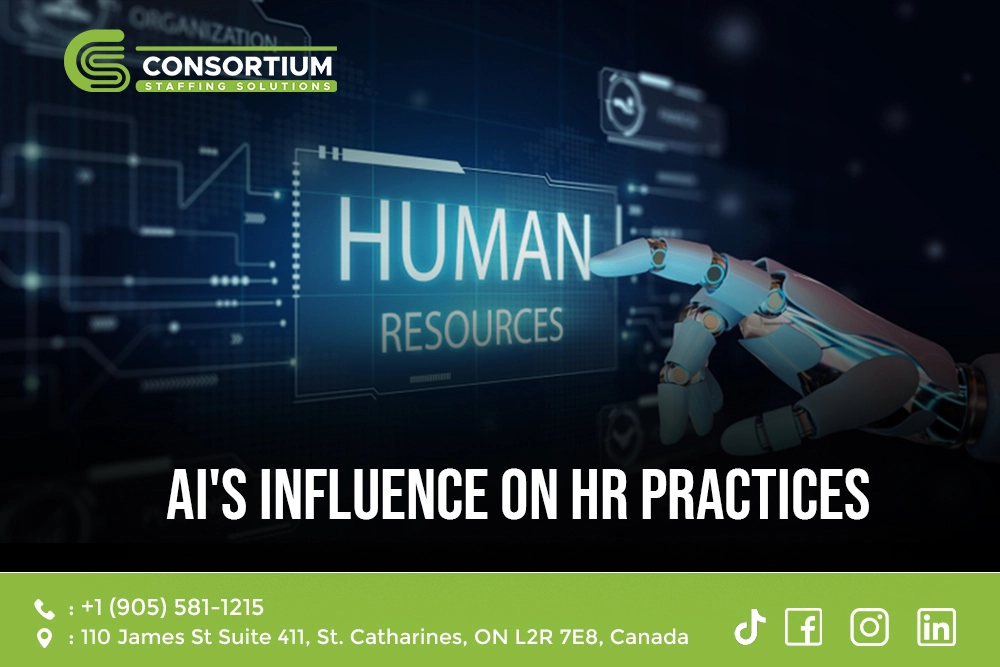
AI has greatly transformed many industries, including Human Resources, altering traditional practices and approaches. As a staffing solutions provider, I have personally seen AI’s disruptive potential as well as the subtle problems it presents to our day-to-day operations.
The Good
AI has completely changed HR procedures by automating and simplifying a lot of formerly difficult and time-consuming activities. Using AI-powered technologies has made it possible, to quickly filter through gigantic resume pools and find the best applicants faster compared to the past. First screening time may be greatly reduced by using algorithms to match candidate experiences and abilities with job criteria.
Moreover, chatbots powered by AI have completely changed how candidates interact. By scheduling interviews, answering simple questions, and giving timely updates, these bots tend to improve the applicant experience and free up expensive human resources for more important work. This increases productivity and guarantees a better customized experience in the hiring process.
One can also proactively plan recruiting tactics, thanks to predictive analytics driven by the AI, which forecasts future employment demands based on previous information provided. Because of this foresight, our company is able to efficiently satisfy customer requests in a competitive market by remaining flexible and responsive.
The Bad
Artificial Intelligence in HR may have its advantages, however there are also drawbacks and moral questions. The obvious bias in algorithms could be one of the main issues. Since AI systems are educated on historical data, employment judgments made in the past may have perpetuated prejudices. It is indeed critical for recruiting coordinators to regularly evaluate and modify these AI algorithms in order to reduce prejudice and guarantee inclusive, equitable hiring procedures.
Another challenge could be the potential displacement of jobs. While we know to an extent that AI enhances efficiency, there has always been a concern among some employees about job security, irrespective when technology stepped into or if its the AI now, fearing that AI may replace certain HR functions entirely. It is indeed essential to communicate transparently with the team about the role of AI as a tool to augment rather than replace human judgment and creativity.
Additionally, The AI’s reliance on data privacy raises concerns not only about the security but also on the confidentiality of candidate information. As stewards of sensitive data, recruitment bound officials must ensure compliance with data protection regulations and implement robust cybersecurity measures to safeguard candidate privacy.
Navigating the Future: Embracing Collaboration
As a result, navigating the impact of AI on HR practices requires a proactive approach. By focusing on strategic activities like building connections with clients and candidates, encouraging continuous learning, and creating adaptability within our team’s culture using AI would indeed be a helpful tool.
To conclude, Artificial intelligence has completely changed the way HR procedures are carried out, providing better decision-making and efficiency advantages all while improving the applicant experience. As recruiting being our core responsibility, it is our duty to lead the ethical use of AI while giving diversity, equity, and inclusion first priority. Maintaining the critical role we play in providing excellent employment solutions means striking a balance between human judgment and technical efficiency. In the future, AI promises to be a great way to develop and advance our profession, bringing with it the promise of fair and efficient HR procedures. Through a thoughtful, flexible, and compassionate approach to AI, we can drive the industry toward a future where excellence and inclusion define our benchmarks.





Leave A Comment